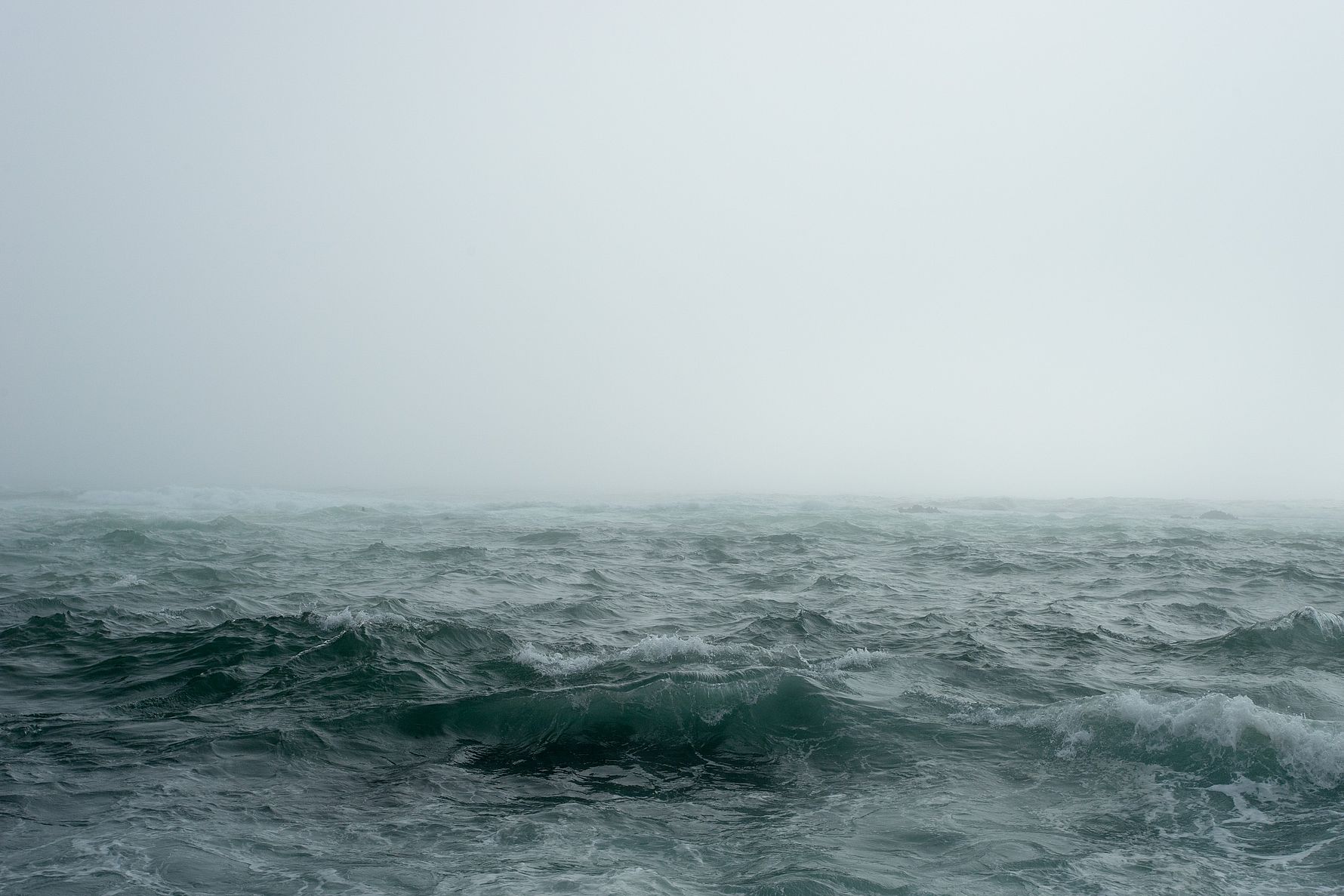Windy tales
Scirocco and Bora: two winds like two brothers that could hardly be more different. Two weather phenomena that shape the lives of the people in the lagoon. Ever since people ventured out to sea, they have been fatefully linked to the winds. Today, the irrepressible forces of moving air still exert a fascination. Why else do we feel "blown by the wind" on some days, feel "blown by the wind" or sense when "a sharper wind is blowing"? And who hasn't been quite perplexed when the child asked, "What does the wind do when it's not blowing?" After all, we believe that it builds a bed of fresh sea foam behind the lagoon and rests its head on a cloud. Maybe he'll dream of his brothers Bora and Scirocco. There is a lot to tell about these two:


The hot breath of the desert
While the famous Bora is born at the North Pole, his brother's cradle lies in the South. The scirocco is hot-blooded and stirs up quite a bit of dust. Every time he sweeps across the country, he brings a gift from a homeland. And so it carries tons of Sahara dust up to the Alpine glaciers. Here, it first gives us an oppressive sultriness and a gloomy sky and sometimes even a "blood rain". But all in all, the south wind is not as terrible as it sounds. Among seafarers, it is considered to be a mannerly wind, only rarely presenting itself as a storm of tropical proportions. Mostly it leaves it at a bit of thunder and a lively swell.
Mystic son of the north
To explain the powerful winter storms that have raged over the Mediterranean since time immemorial, the ancient Greeks thought up a god whose stormy nature was every bit as good as his real-life counterpart: The Titan's son Boreas, "the Northern One", as an impetuous stallion delighted royal mares and abducted dancing nymphs. In ancient Rome, too, people knew and feared the winged good-for-nothing and called him Aquilo. Even though we have known for a long time how winds really come about and people have learned not only to interpret the weather, but even to predict it, there is something mystical about the winds that sweep across the island of the sun from time to time. You don't have to be a particularly devout person to offer reverence to creation, but simply to stand against the wind on the lagoon beach on a stormy day with your hair down and your arms outstretched.
A heavenly child
Because our beach is so vast and the singing of the wind so powerful, no one minds if you simply vent your pent-up anger and worries at the top of your lungs. The lagoon wind doesn't mind if you whisper your wishes into its ear. He takes them with him and carries them to where they will be well taken care of. The bora has a peculiar power. It purifies and inspires. Audibly beautiful. Vivaldi was inspired twice: in the first movement of his Opus 8 No. 2 and in the third movement of Opus 8 No. 4. Here on the upper Adriatic, people are children of the wind. For the Bora and its whims we not only have various names such as "Borina", "Borasco", "Levantera" and "Reffoli", but also many a good word about it. Thus, an old saying goes, "The Bora blows away the bad moods." Or as the Brothers Grimm, wrote, remember? "The wind, the wind, the heavenly child..."
